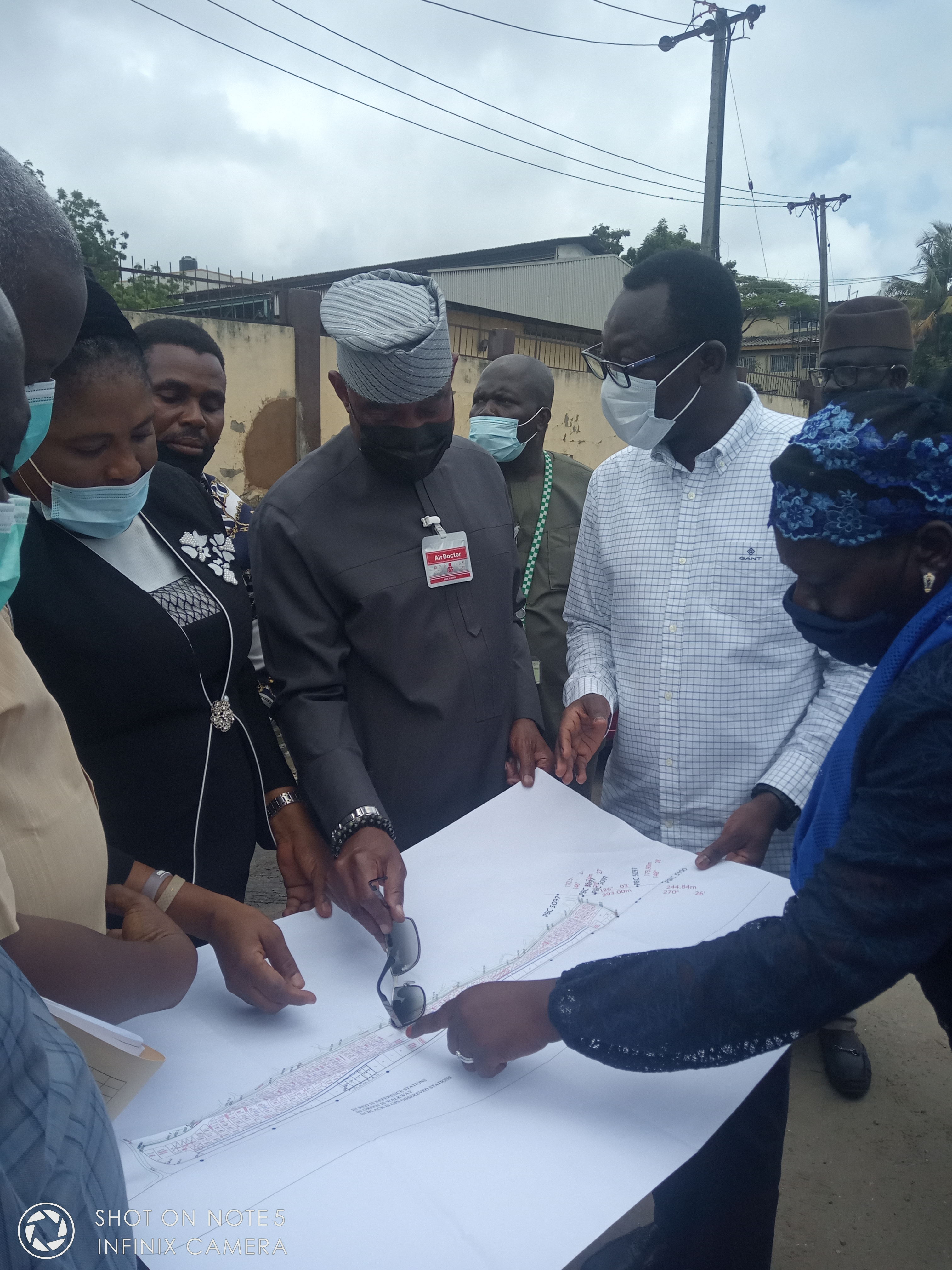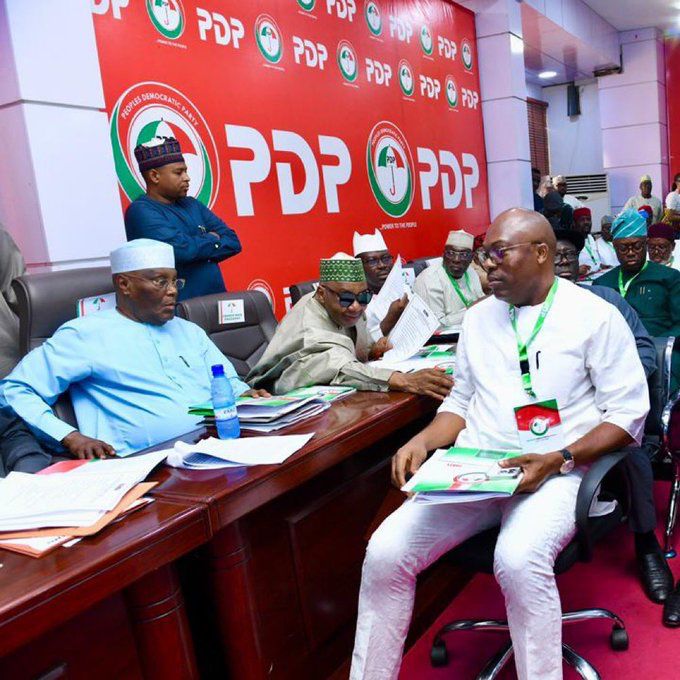By Eric Elezuo
The Managing Director, Federal Housing Authority (FHA), Senator Gbenga Ashafa, has said that no one particularly group or person should be blamed for the present degradation of the FESTAC Town, located along the Badagry Expressway, Lagos, rather it is a collective responsibility as everyone should be blamed.
The MD made the assertion while conducting a tour of the facilities of the agency as he just took charge of affairs. He noted that he was appalled at the level of rot and degradation of the large estate, which used to be the pride of Lagos State in particular, and the nation at large.
The senator, who exhibited genuine effort to begin the reactivation of all Federal government owned estates as the new MD, beginning with FESTAC Town, harped on the fact that all hands must be on deck in bringing about lasting unity of purpose, and also achieve the aim of the new management.
Kicking off the tour from the agency’s zonal office at 211 Road FESTAC Town, Senator Ashafa, accompanied by the Executive Director, Business Development, Hon Abdulmumuni Jibril, a former House of Representatives member, and members of the management committee of FHA, and armed with the estate’s master plan, made his first stopover at the FESTAC Second Gate, better known as Agboju, where he was briefed.

He made a second stop at the canal end of 6th Avenue. Here the MD noted with disgust that there has been hindrance for the free flow of water as the canal has been blocked by all manner of dirts, creating an unwholesome atmosphere. He described what he saw as ‘eyesore and heartrending’.
The third point of inspection was the second phase of FESTAC Town, where the MD described as lamentable, saying that ‘even as they have dragged themselves to court over the legality and illegality of occupation by the company that was concession the land and the omoniles – the chieftaincy family claiming the land, they still continued to build. That shows that something has to be done quickly. We will inform the authorities.’
He assured that with the cooperation of the entire of FHA family which has been pledged, the vision of President Muhammadu Buhari and the Minister of Works and Housing, Mr Babatunde Fashola SAN, ‘towards ensuring urban regeneration and renewal of this estate in totality will be actualised’.

He was quick however, to add that it may not be almost immediately or in the next one or two years, but definitely, the management will hit the ground running soon. He reiterated also that much may not be done on the second phase as a result of the litigation question. He further assured that FESTAC Town will be on the priority list of the tripartite agreement reached by the Federal Government, Lagos State government and the FHA.
The entourage’s last point of call was the FHA Sports Ground on 24 Road. Here, the MD interacted with the people, assuring them that government has the best of their interest at heart.

“We are looking at a situation where we could get well meaning Nigerians and corporate bodies could partner with us and buy into this mini stadium. A little token might come, but the principal motive for giving it out will not be for money venture. It is just going to be something that will be enough to maintain the place, and let the people own it. It is not out redemption. A lot will be done as we are already talking to some well meaning people.”
Senator Ashafa went down memory lane, explaining why the FESTAC Town as a project is unique:
“When this estate was planned, it was planned for 200, 000 units. This actually is humongous. We know why it was built in the first place. People from all over the came and lived here, and enjoyed all the services, and they were upper class then. Now, if we are talking about the explosion that happened, we will discover that it shots up to 600, 000 – I’m sure it’s almost 700, 000 now. The green areas have been built up; there are mechanics all over the place and there is no control whatsoever in terms of traffic. This is FESTAC that used to adhere strictly to traffic laws. In fact, we are going to start with something definitely,” he said.

 News6 years ago
News6 years ago
 Featured6 years ago
Featured6 years ago
 Boss Picks6 years ago
Boss Picks6 years ago
 Headline6 years ago
Headline6 years ago
 Headline6 years ago
Headline6 years ago
 Headline5 years ago
Headline5 years ago
 Headline6 years ago
Headline6 years ago
 Headline6 years ago
Headline6 years ago
















